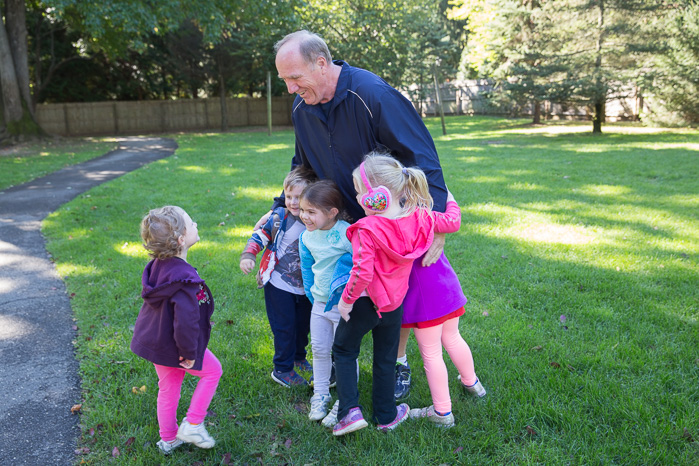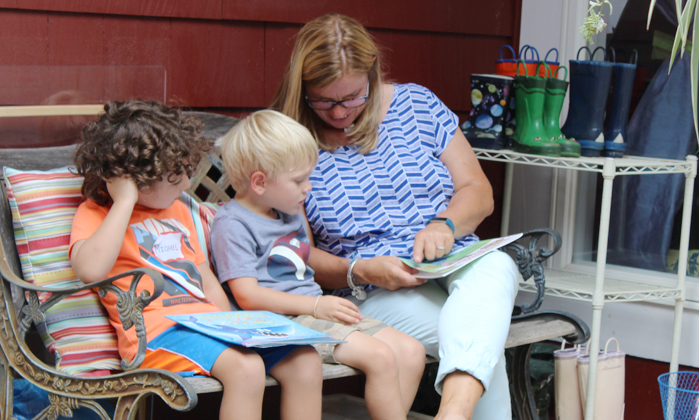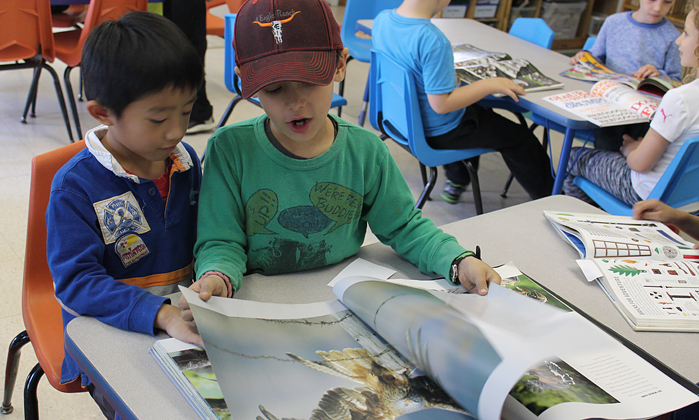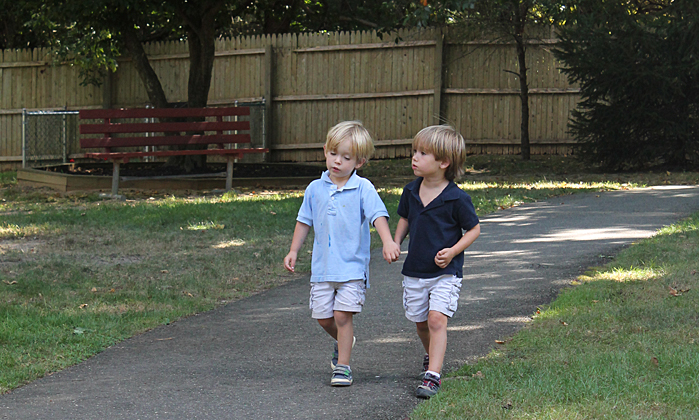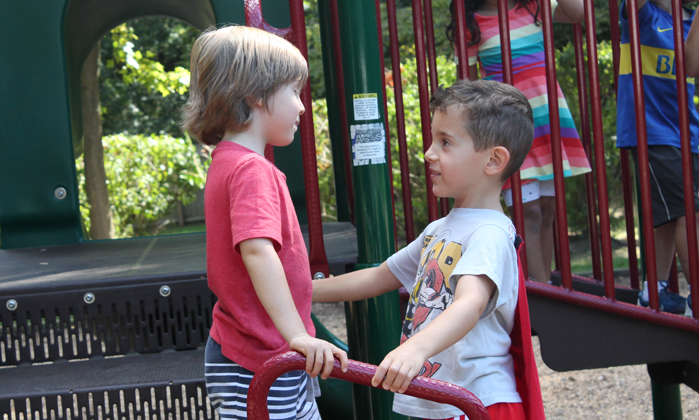In all aspects of social relationships in school, cooperation is valued over competition. Through small group activities, children learn cooperation, friendship, and respect for others. Cooperative learning is encouraged and valued, and teams of children and adults often work on problem solving together. Children develop an understanding of the social world by seeing themselves in relation to home, family, culture, school, and community. They also learn social adjustment through imitation of adult roles and fantasy play. A problem-solving approach is taken when helping children learn how to resolve conflicts. Through discussion of events, literature, puppet play, and adult role play children are encouraged to identify problems, articulate feelings and seek out solutions. Children also learn the importance of rules and self-regulatory behavior to all social relationships. Friendship is seen as an important value and children are helped to establish connections to peers.


